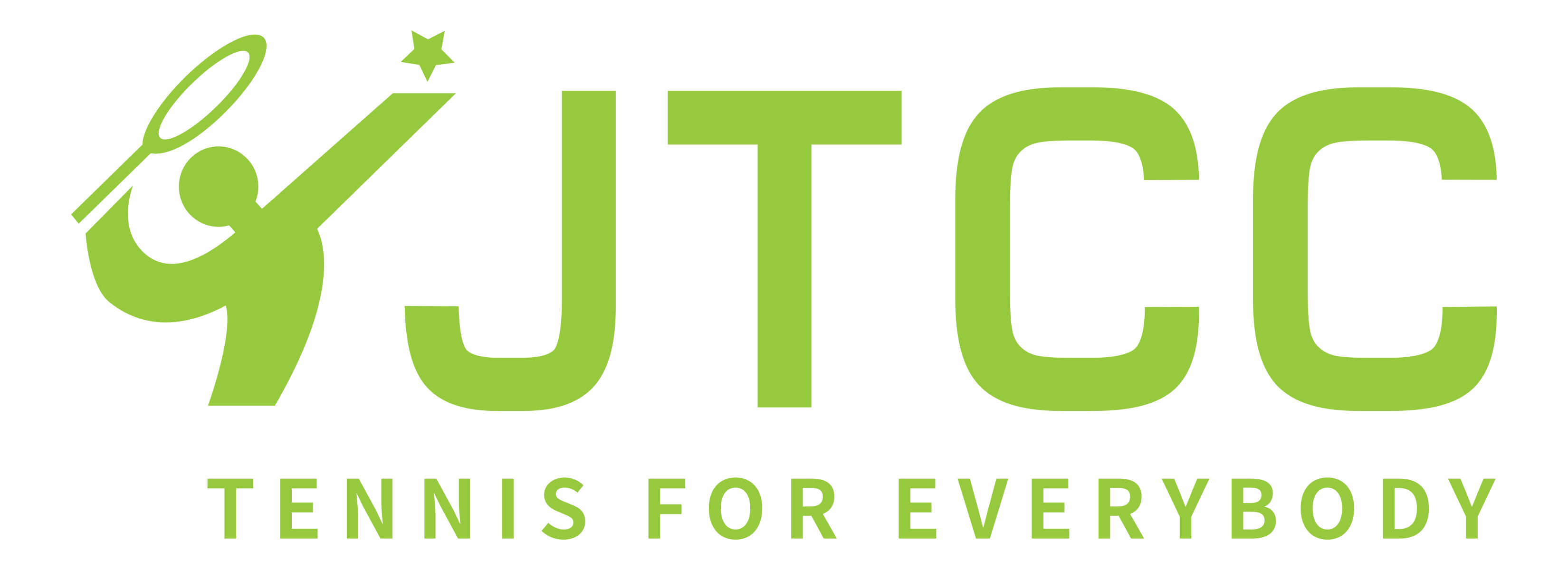JTCC Coach Dimitry Bigun gives some advice based upon first-hand experience about how to handle being a tennis parent:
The title alone will grab your attention. I know it! It is one of the most difficult and controversial subjects in junior tennis. Now, like never before, an enormous amount of research is done on the subject. There are many examples, both good and bad.
Professional tennis is filled with success stories of players (Venus and Serena Williams, Alexander and Mischa Zverev, Caroline Wozniacki, Rafael Nadal, Maria Sharapova, Jelena Ostapenko, Denis Shapovalov) who have been coached by their parents or close relatives. However, in some cases such a relationship has proved disastrous. Christophe Fauviau was imprisoned for drugging his children’s opponents before their matches. Jelena Dokic in her book Unbreakable gives an in depth description about her father’s destructive involvement in her career. There are examples at nearly every tournament of stressed and overbearing parents. I’ve seen parents hanging over the fence or frantically pacing alongside the court. These parents are often vocal, opinionated and interfering in every point of their child’s matches. You can usually spot parents like this a mile away.
What is a healthy and productive level of parental involvement in your child’s junior tennis career?
It is a complicated subject. I bring up this challenging issue because I have the dual role of being my kids’ coach and their father at the same time. I continuously seek and follow professional coaches’ advice. My sons always have had formal training with another coach, academy or group. Can I do all the coaching myself? The answer is probably but I would prefer to maintain a healthy relationship with my sons, and for this reason I believe they need another professional working with them. It is also great for their social development and life skills in general.
How do you know who is good for your child?
Find the place, build your team of coaching professionals who share your values and views. Trust is important. Effective and open communication is a must. Work on your emotional intelligence. Recognize your stressors. Develop a routine to overcome stress (yoga, meditation, breathing exercises, jogging, etc.). Detach yourself from ranking list and comparisons. Watch your child’s matches only if you can stay calm, observe their progress and note things that still need work.
Where is your involvement absolutely necessary?
It is crucial to provide both emotional and financial support for your child and create a healthy daily routine. For example, if your child knows that they are accountable for devising their own daily schedule it helps instill self-discipline. This can cover areas such as good personal hygiene habits, keeping their room clean and preparing their own food and drinks for the day in the morning. It is great to see how kids feel a true sense of accomplishment for meeting their daily goals. Always have open and effective communication with your child. Try to have compassion and remember everyone makes mistakes. It is also good to remind yourself regularly that “we are going to be okay”.


